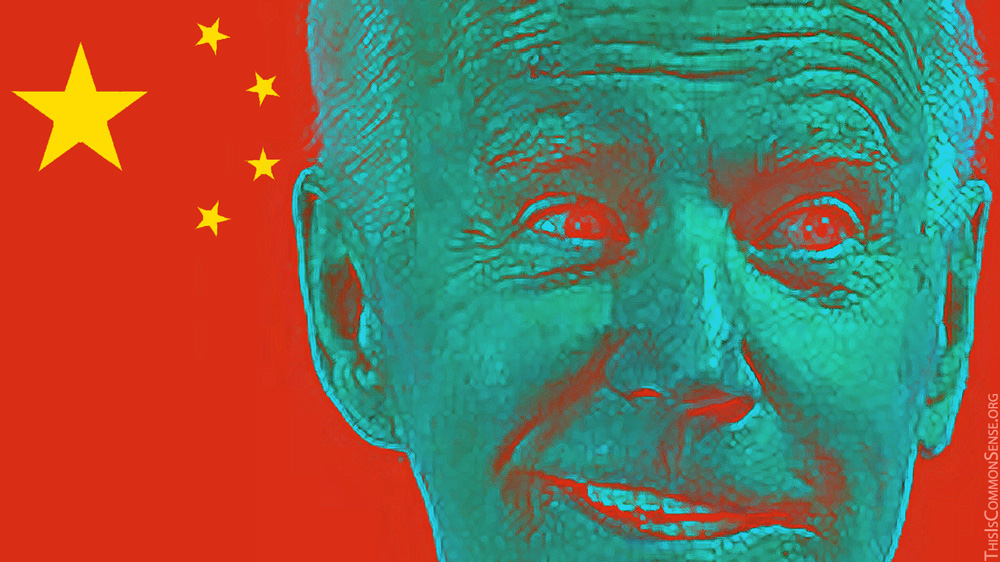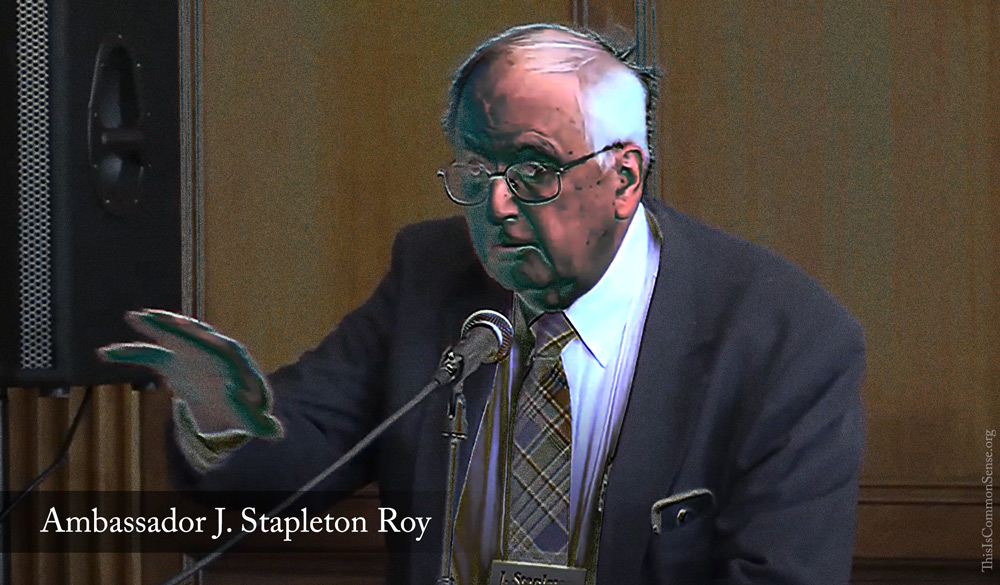Two huge stories broke this week.
The first is that the “People’s Republic” of China guided American policy for decades using “old friends” who had “penetrated the highest levels of the U.S. government and financial institutions before the Trump administration.”
Bill Gerz, writing in The Washington Times, reported that “Di Dongsheng, a professor and associate dean of the School of International Studies at Renmin University in Beijing, also suggested in a Nov. 28 speech that China’s Communist Party helped Hunter Biden, a son of presumptive President-elect Joseph R. Biden, obtain Chinese business deals.”
These remarks were posted as a video on the professor’s Weibo account (think “Chinese Facebook”). Though quickly removed, copies went viral.
The second story? “Did Donald Trump Nearly Confirm Existence of Aliens? Israeli Ex-Space Chief Makes Bizarre Claim,” by Jeffrey Martin, writing at Newsweek. “Professor Haim Eshed, who served as the head of Israel’s space program from 1981 to 2010 spoke to the Hebrew newspaper Yediot Aharonot on Sunday. On Tuesday, the Jerusalem Post published some of Eshed’s quotes in English and they contained the most incredible claims made about Trump, who has long [been] the center of conspiracy theories — some of which he has actively encouraged.”
Eshed claims that both the U.S. and Israel have had contact with extraterrestrial civilizations (a “Galactic Federation,” no less) and that President Trump was about to go full-on Full Disclosure but — somehow — the aliens stopped him.
Quite a yarn, not unfamiliar to science fiction readers and moviegoers. But note: quite a few de-classified Pentagon, FBI and CIA documents suggest something very much like this. And in the last few years we’ve covered the U.S. Government’s trickling admissions that the UFO phenomenon is not all fakery, but real and odd.
Both stories hail from professors with close ties to foreign governments. Both point to actual conspiracies. Both present “epistemic” problems for us: they are neither easily proved or disproved.
Both, also, are too eerily plausible.
This is Common Sense. I’m Paul Jacob.
—
See all recent commentary
(simplified and organized)





